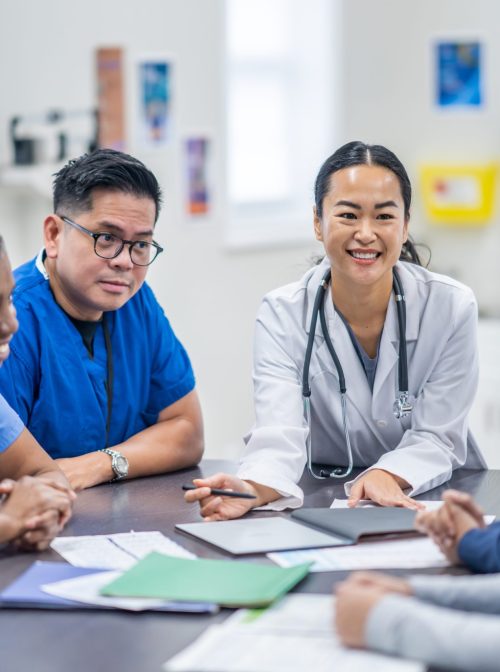Interfaith America is excited to announce our 2024-2025 Faith & Health Fellows.
This cohort of outstanding educators from various disciplines will design and implement academic and narrative projects to advance a broader public understanding of the vital promise of engaging religious identities and communities in health settings.
The Fellowship spans January 2024-May 2025, and Fellows will receive a $4,000 stipend to elevate the story of the positive potential of our nation’s religious diversity as an asset in health care. From medical education to nursing, from the overdose crisis to recovery support, and from long-term care to maternal and infant health, the projects funded through this Fellowship span an array of critical health issues in ways that engage diverse religious traditions to strengthen health outcomes for all.
We selected our Faith and Health Fellows from a competitive pool of applicants based on their proven commitment to constructive interfaith cooperation and their capacity to make a lasting impact on their disciplines, their communities, and the broader public.
We look forward to celebrating and uplifting the work of this cohort as we advance our vision of human flourishing at the intersection of faith and health.
Meet the Faith & Health Faculty Fellows:
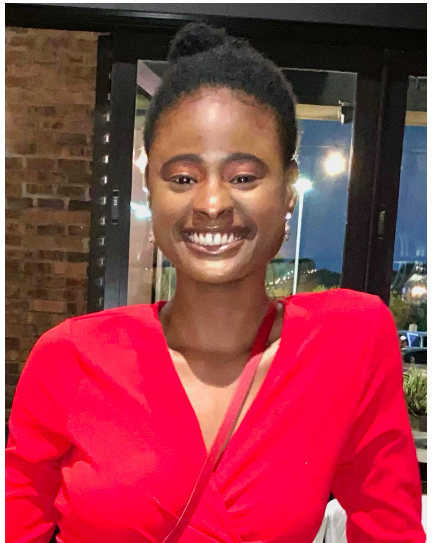
Dr. Toluwani Adekunle
Dr. Toluwani Adekunle, an Assistant Professor of Public Health, is interested in researching health disparities for underserved populations. Adekunle studies health inequities for ethnic/racial minorities, with significant interest in determinants of health for African immigrant populations in the United States.
Project Description: Adekunle will work to enhance culturally and faith-inclusive mental healthcare services for African immigrant populations in the United States. Insights from these activities will inform workshops for those who serve African immigrant populations across the U.S. In particular, Adekunle will promote practical approaches to providing cervical cancer screening services for Muslim women.
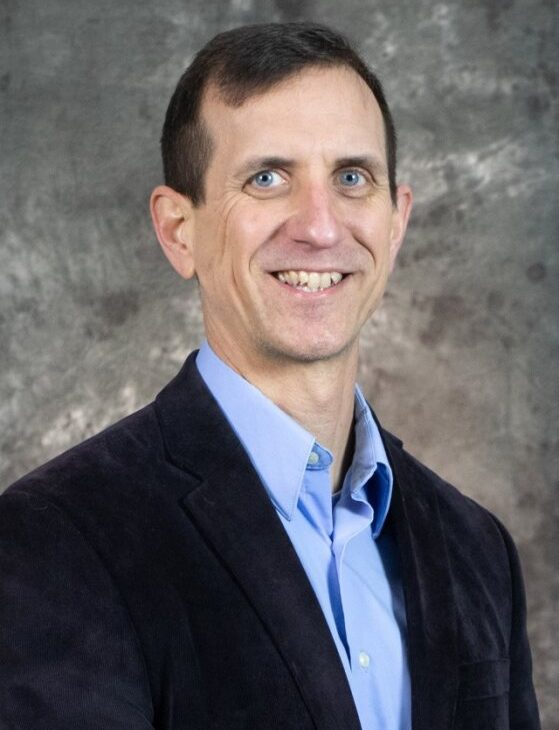
Dr. Matthew Bersagel Braley
Dr. Matthew Bersagel Braley is a Professor in the Ethics, Culture, and Society Program at Viterbo University. His teachings focus on pressing social issues of our time, including global and community health inequities, the legacies of racialized violence, and the cascading effects of hyper-individualism.
Project Description: In this project, Bersagel Braley will create a website that captures the role of religion and spirituality in the ordinary ethics and meaning-making of young adult caregivers in nursing homes and hospitals during and after the pandemic. The website will feature first-person reflections from interviews with and artwork produced by certified nursing assistants (C.N.A.s). It will be a curated repository of faith and health resources relevant to healthcare staff, clergy/religious leaders, and nursing faculty.
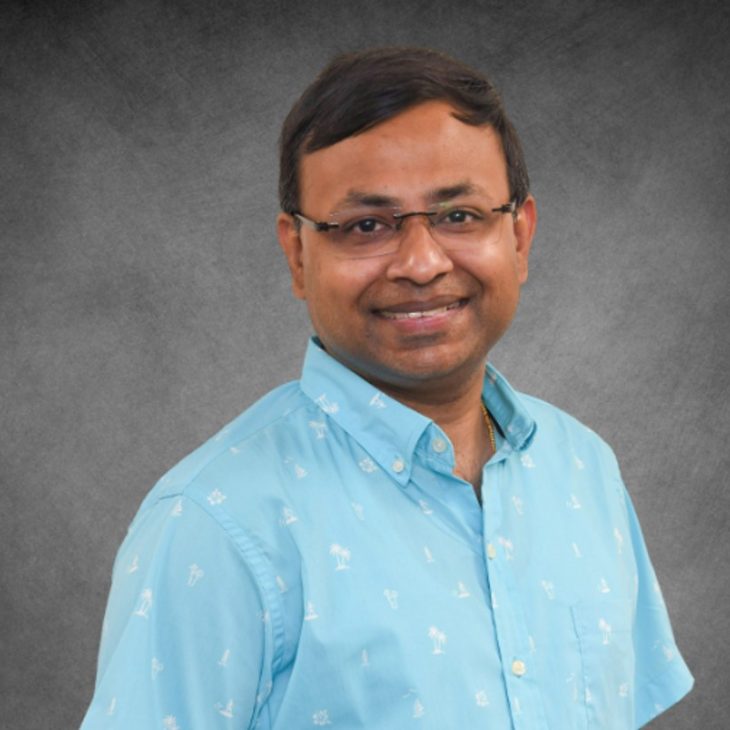
Dr. Biswadeep Dhar
Dr. Biswadeep Dhar is an Assistant Professor at the University of Maryland, Eastern Shore (UMES). His research is focused on health behavioral changes in chronic diseases among low-income, vulnerable populations. His background focuses on health behavior and disparities, with specific training in minority and immigrant health. His present research at the UMES focuses on designing culturally tailored lifestyle interventions targeting chronic disease with relation to diet targeted to at-risk, marginalized, and diverse (racial/ethnic) populations living in the U.S.
Project Description: Dhar will invite faculty and students to participate in a community-based participatory research project utilizing datasets focused on the social determinants of health and behaviors among Maryland residents with higher poverty rates. His project will focus on the Impact of lifestyle factors on chronic disease health disparities among racial/ethnic minority populations in Maryland. Additionally, he will organize a seminar series showcasing community-engaged research and health promotion.
Campbell University
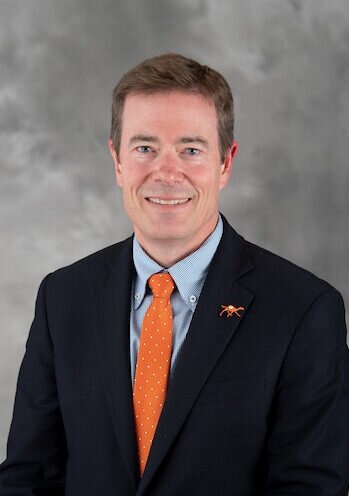
Dr. Adam C. English
Dr. Adam C. English, Professor of Christian Theology and Philosophy, is on a three-person team working on the Faith-Driven Responses to the Overdose Crisis. Dr. English serves as Chair of the Department of Christian Studies at Campbell University, Buies Creek, North Carolina, and is an ordained minister in the Baptist tradition, Cooperative Baptist Fellowship. He teaches theology and philosophy and coaches the University’s Ethics Bowl team. His research interests include Golden Rule Ethics and the history and traditions of Christmas and St. Nicholas.
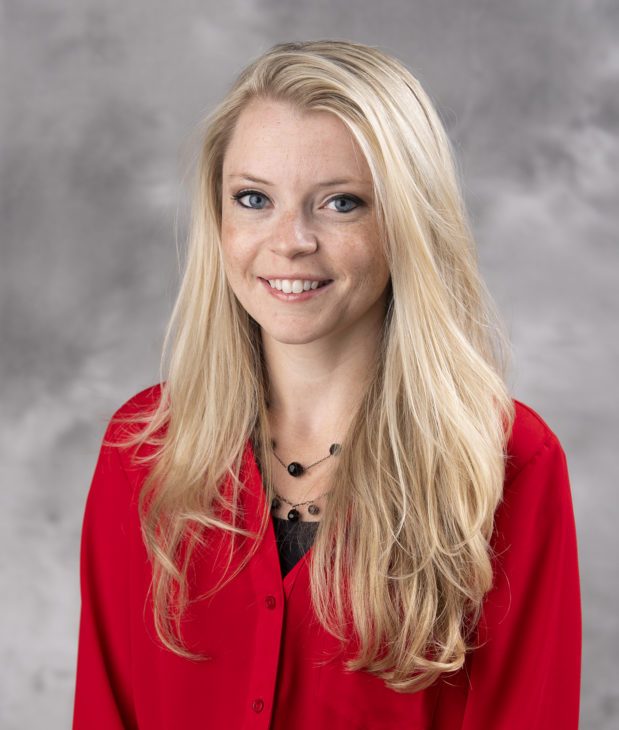
Dr. Amy Hinkelman
Dr. Amy Hinkelman is an associate professor of microbiology and immunology at Campbell University Jerry M. Wallace School of Osteopathic Medicine. Over the past few years, she has coupled her expertise in immunology with her passion for serving the community. During the pandemic, Drs. Hinkelman and Tillman built trust and lasting relationships with tribal and religious leaders to address concerns about COVID-19 vaccines. Through collaboration with community leaders and university partners, she looks forward to promoting the wellbeing of rural communities while mentoring future healthcare providers.
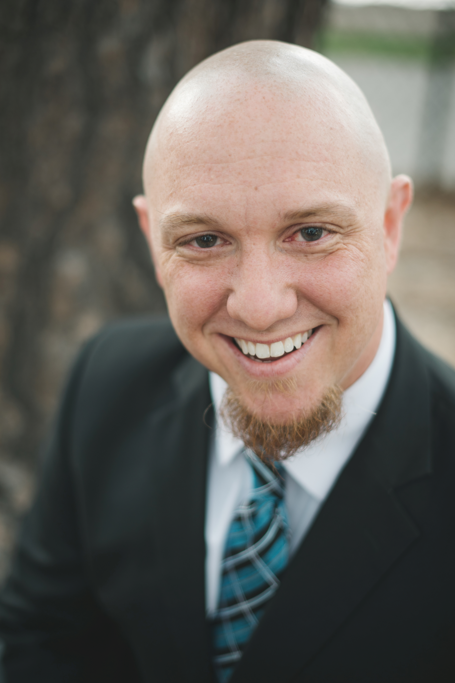
Dr. David Tillman
Dr. David Tillman is Chair of Public Health and has been the project leader on multiple IA-funded public health projects. On the F.I.V.A. project, Dr. Tillman coordinated students and faculty in service to local congregations, primarily American Indian congregations in eastern N.C. Working with Dr. Hinkelman and local pastors, Dr. Tillman helped create a response strategy that made low-threat, faith-congruent community learning events about COVID-19. Additionally, Dr. Tillman is the chief local strategist for preventing harmful substance use and overdose and has worked with local government officials to create coordinated initiatives across tiers of prevention.
Project Description: “For Such a Time as This: Harnessing Faith-Driven Responses to the Overdose Crisis” empowers an interdisciplinary faculty team from Campbell University to expand current academic-community partnerships to equip rural faith communities to help solve the overdose crisis. The initial phase of this project involves the fellows in two foundational activities: (1) documenting the stories of faith leaders involved in various overdose prevention initiatives and (2) conducting qualitative research to explore the landscape of engagement of faith communities in community-level strategies for preventing harmful substance use and overdose.
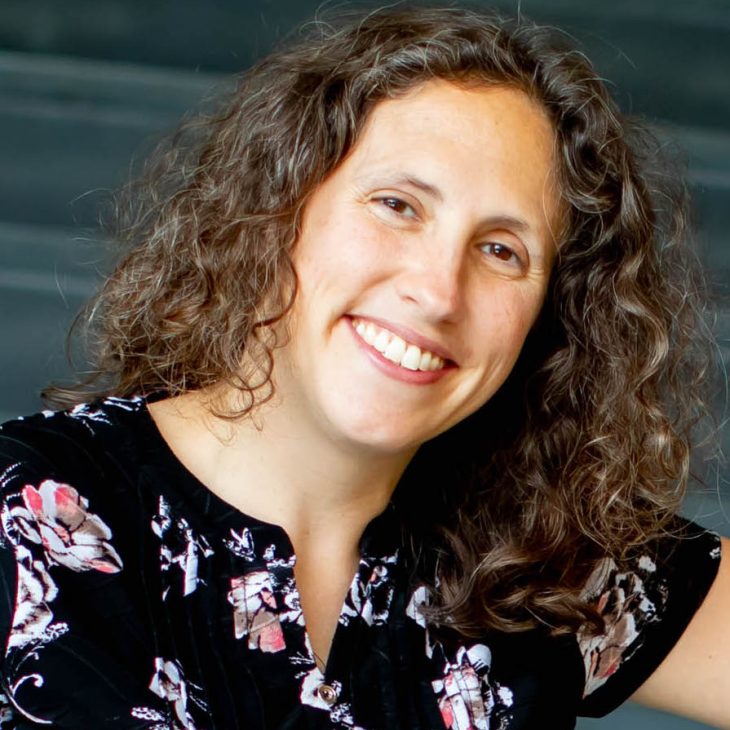
Dr. Marnie Gelbart
Dr. Marnie Gelbart is a geneticist and the Director of Programs at the Personal Genetics Education Project of Harvard Medical School. Since 2011, she has led initiatives to increase curiosity, reflection, and dialogue on genetics, health, and society. Specific projects include leading a five-year grant-funded project to create curricula and training for high school teachers, co-organizing convenings on genetics, ethics, and faith, and engaging policymakers through congressional briefings on Capitol Hill. Before joining P.G.E.D., Marnie was a postdoctoral fellow at Brigham & Women’s Hospital investigating the role of chromosome organization in gene regulation.
Project Description: The project will develop and disseminate an educational module that fosters discourse about how culture, values, and faith identity inform perspectives on genetic advances in health. Guided by insights from educators and community partners, the module will be developed for various disciplines (e.g., history, anthropology, religious studies, biology, public health, and bioethics) and learning environments. The project will highlight opportunities for engaging faith in the context of genetics discourse for scientists, health professionals, and educators. In addition, it will provide resources for diverse faith communities to share and learn about genetic advances and their impacts on the world.
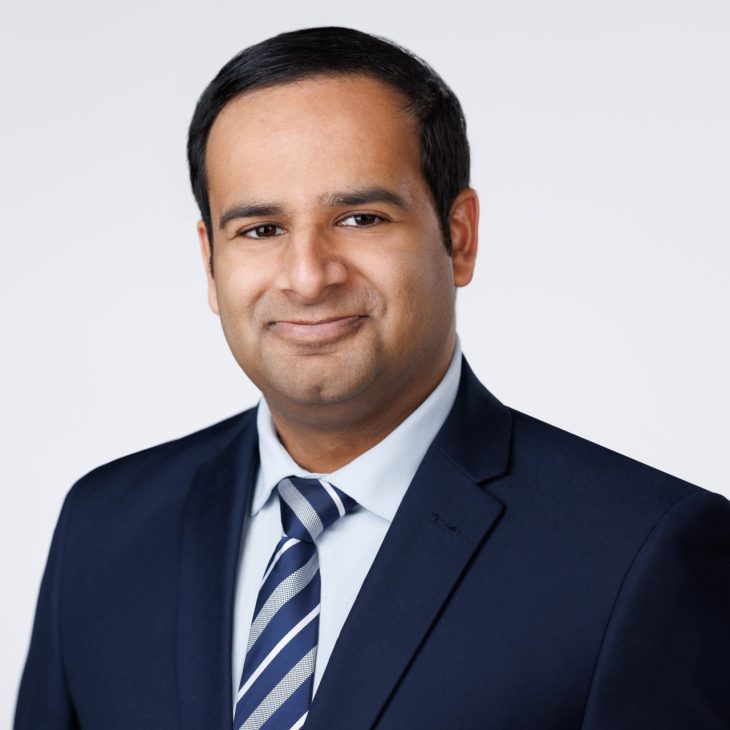
Dr. Aamir Hussain
Dr. Aamir Hussain is a dermatologist practicing in Northern Virginia. He is an internationally recognized speaker, writer, and educator on health policy, medical education, and interfaith dialogue. As a practicing Muslim, he actively engages in interfaith work and has been involved in numerous initiatives. Fluent in five languages, Dr. Hussain is passionate about serving diverse communities.
Project Description: This project will provide comprehensive support and mentorship to Muslim medical students and residents interested in dermatology, focusing on integrating their religious identity into their professional journey. The primary goals include mentorship, research development, networking, and increasing religious diversity. The strategy involves a combination of virtual meetings, online resources, mentorship programs, and a strong distribution plan to engage academic and public discourse.
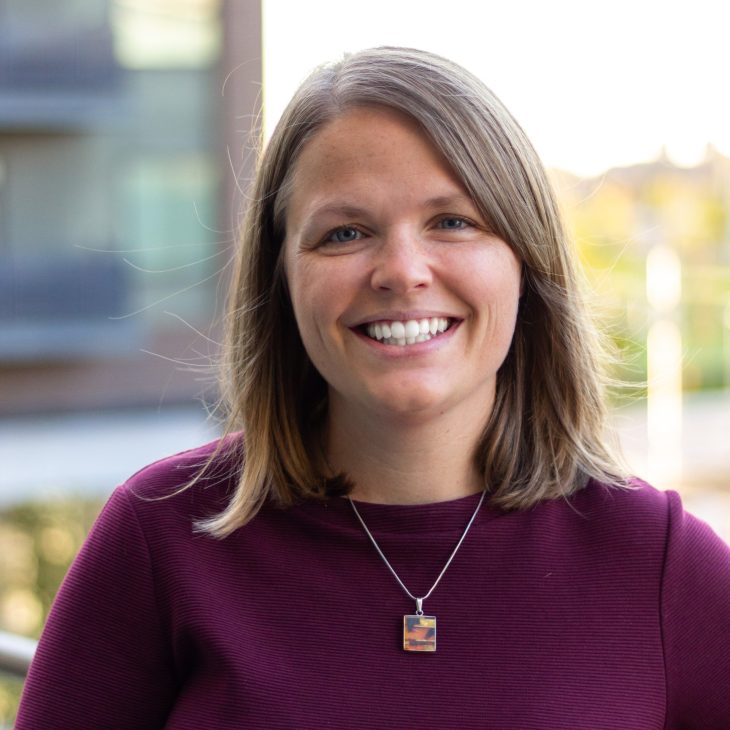
Dr. Philippa Koch
Dr. Philippa Koch is an Associate Professor of Religious Studies at Missouri State University. Her research and teaching center on religion, health, and society in America and its global context. Her first book, The Course of God’s Providence: Religion, Health, and the Body in Early America, was published in 2021 by N.Y.U.N.Y.U. Press. Her next project explores how visions of nature shifted with developments in maternal medicine, colonial encounters, and global missions.
Project Description: This project promotes three objectives: establishing solid ties between Missouri State University (M.S.U.) and Springfield’s hospital systems, conducting workshops on religious diversity in healthcare, and authoring a textbook, “Medicine and American Religions.” These workshops involve hospital staff, chaplains, M.S.U. students and community partners, and aim to enhance understanding of diverse healthcare experiences. The textbook, informed by Dr. Koch’s experiences in the Interfaith America program, targets a broad audience, including students and healthcare professionals. This initiative is a step towards fostering enduring collaborations and a compassionate community.
Elon University
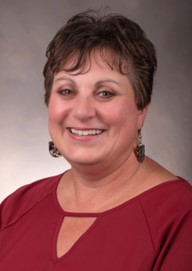
Jeanmarie R. Koonts
Jeanmarie R. Koonts is an Assistant Professor of Nursing at Elon University and a Registered Nurse with over 35 years of experience. Her career spans various roles, including Clinical Nurse Specialist, Perinatal Case Manager, and Director of Clinical Education. With a specialty in maternity nursing, Koonts focuses on high-risk pregnancy research and fostering religious and cultural awareness among nursing students. She has received the Excellence in Teaching Award and is passionate about nursing education and mentorship.
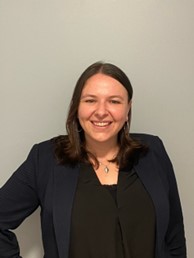
Dr. Helen Orr
Dr. Helen Orr, an Adjunct Professor of Religion at Elon University, merges religion, culture, and education in her work. The Wenner Gren Foundation sponsored her notable field research in interreligious Bosnia. Orr pioneered an online Religious Literacy certification at ElonNext and led educational research at L.E.A.R.N. She is also involved in integrating humanities with artificial intelligence, teaching about Religion and A.I.
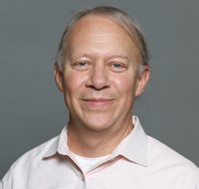
Dr. Brian K. Pennington
Dr. Brian K. Pennington, Director of Elon University’s Center for the Study of Religion, Culture, and Society and Professor of Religious Studies, is renowned for his work on colonial-era religion in India and South Asian religious history. A key contributor to several Interfaith America initiatives and various interreligious studies conversations, he holds leadership roles in the American Academy of Religion, the Society for Hindu-Christian Studies, and the Conference on the Study of Religions of India.
Project Description: This project, “At the Intersection of Faith and Health” at Elon University, will develop a micro-credential badge in religion and faith consciousness. Targeting students in Nursing, Physician Assistant, and Physical Therapy programs, the badge, noted on students’ Elon Experiences Transcript, will require attendance at sessions on the impact of religion on healthcare decision-making, outcomes, and equity. Badge recipients will carry this religious consciousness into their diverse clinical placements, enhancing client-centered care. Building on the diversity committee’s work, the project incorporates training on intercultural competence, cultural humility, and spiritual care, aligning with recent research that underscores spirituality’s significance in health outcomes.
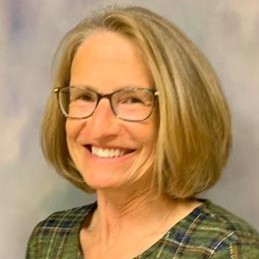
Rev. Sarah McEvoy
Rev. Sarah McEvoy, a healthcare chaplain and career administrator, is advancing toward board certification in chaplaincy. With 35 years in elder care leadership, she focuses on innovative, quality elder care. She champions integrating evidence-based faith and health practices in long-term care education.
Project Description: In the U.S., over 1.3 million people reside in long-term care facilities, where religion and spirituality significantly impact residents’ wellbeing. However, a gap in spiritual care education exists among health professionals. This project aims to bridge that gap by assembling an interdisciplinary team to develop spirituality and health training for long-term care providers. Drawing on an evidence-based model from medical school curricula, this initiative will equip caregivers in nursing homes and assisted living centers with the tools to integrate spiritual care into their practice, enhancing the quality of life for older adults in these settings.
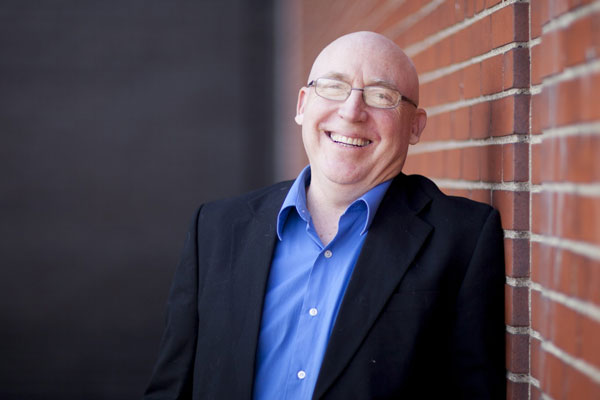
Dr. Paul Priester
Dr. Paul Priester, a Professor in Northern Illinois University’s Interdisciplinary Health Professions division, specializes in rehabilitation counseling. His research spans integrating religion in counseling, Islam’s interface with psychology, and empirical methods to reduce Islamophobia and substance abuse. He has researched the Islamic Republic of Iran, Jordan, Saudi Arabia, Egypt, Morocco, and Turkey.
Project Description: Priester will create a training unit for recovery support specialists, emphasizing respectful engagement with religious issues in substance use and mental health recovery. This training, mainly aimed at specialists with personal recovery experience, advocates a ‘multiple pathways to recovery’ philosophy. It encompasses YouTube videos, PowerPoint presentations, and worksheets framed within Multicultural Counseling Competencies. The training introduces Xenosophia, valuing, learning from, and respecting religious traditions. Initially launched at Northern Illinois University’s C.R.S.S. program, this instructional module is designed to be accessible to other C.R.S.S. programs and the Illinois Department of Human Services, enhancing the incorporation of spirituality into recovery processes.
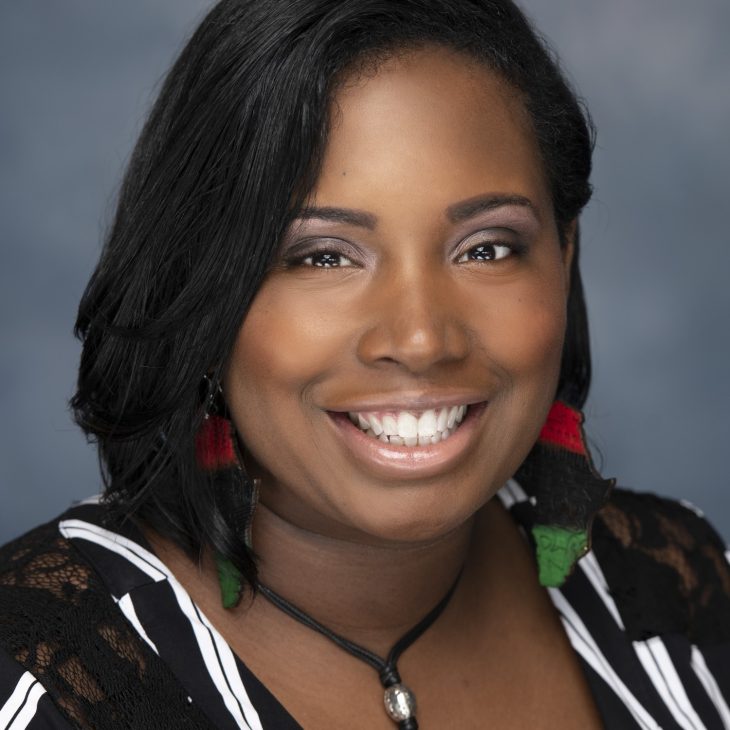
Dr. Ashlyn Strozier
Dr. Ashlyn Strozier is Lecturer in Religious Studies and Director of Undergraduate Studies at Georgia State University. An alumna of two historically Black colleges, Fort Valley State University and Morehouse School of Religion, her research focuses on religion, gender, sexuality, and health, particularly concerning high maternal mortality rates among Black women. Strozier utilizes anti-racist and decolonial teaching methods, integrating professional skills into humanities education. She views her academic work as activism, fostering change and inclusivity.
Project Description: This project, “Black Women’s Maternal/ Reproductive Health,” addresses the black maternal health crisis, spotlighting the alarming morbidity rates among Black women in Atlanta. It draws on the 2016 Reproductive Injustice Report’s findings and collaboratively involves students, activists, and professionals. The initiative seeks to develop a creative expression to highlight this critical issue, expanding a digital platform to empower Black women to move from surviving to thriving. The project also aims to formulate theories about Black women’s sexual and reproductive identities, enhancing understanding of these vital health concerns. This interdisciplinary approach contributes to broader awareness and potential solutions to the maternal health crisis.
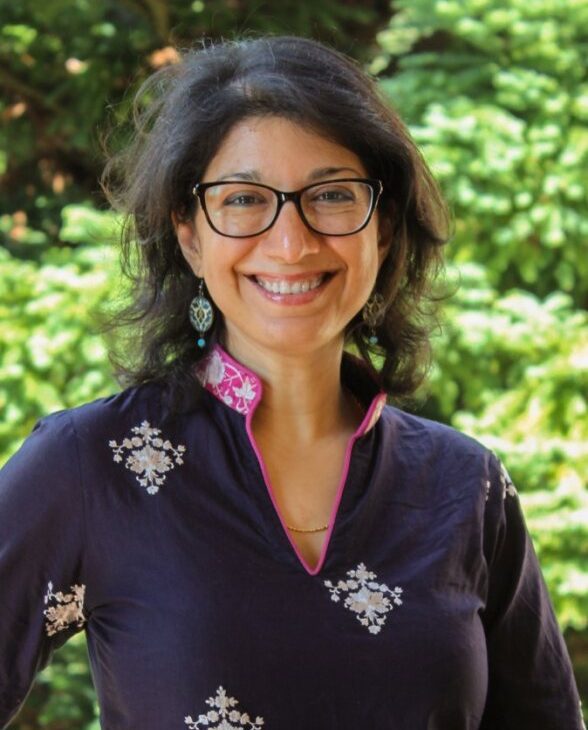
Dr. Homayra Ziad
Dr. Homayra Ziad, a Senior Lecturer in Islamic Studies at Johns Hopkins University and Fellow at the Center for Social Concern, is distinguished for her interfaith and intercultural initiatives as a scholar-activist and educator. Recognized for her solidarity, equity, and compassion-based teaching, she’s a recipient of an undergraduate teaching award and a member of J.H.U.’s Diversity Leadership Council. Dr. Ziad has co-developed impactful projects like “99 Clay Vessels,” “Art, Religion and Cities,” and “Faith in the Vaccine.” She’s pioneering a Religion major at J.H.U., co-leading a Health, Medicine, and Religious Diversity program, and advocating for various interreligious and religious diversity efforts on campus.
Project Description: This project will advance the establishment of a medicine, health, and religious diversity program at Johns Hopkins University’s School of Medicine. A planned workshop will unite campus and Baltimore community members, leveraging insights from Interfaith America and external experts in faith and health. The workshop aims to produce a comprehensive proposal for the new program, including forming a stakeholder group to seek grant funding. Interfaith America will consult on integrating religious diversity in medical education. This collaborative effort, involving faculty from J.H.U.’s Arts and Sciences and Medicine schools, seeks to bridge research, training, and community partnerships, emphasizing the importance of religious diversity in healthcare.
